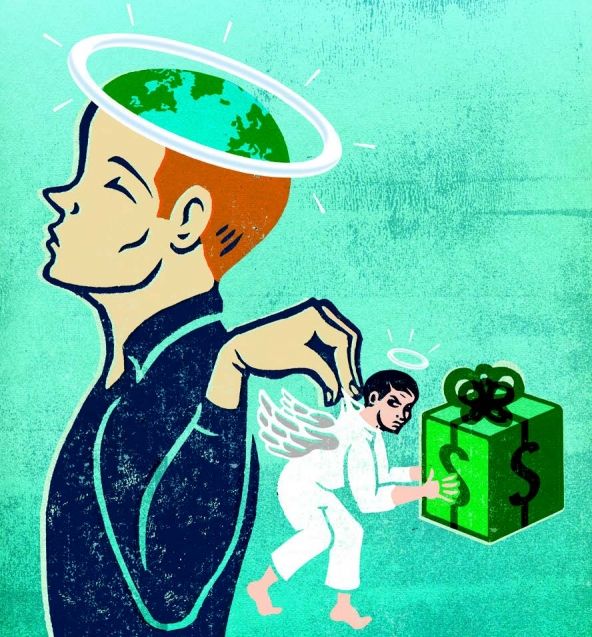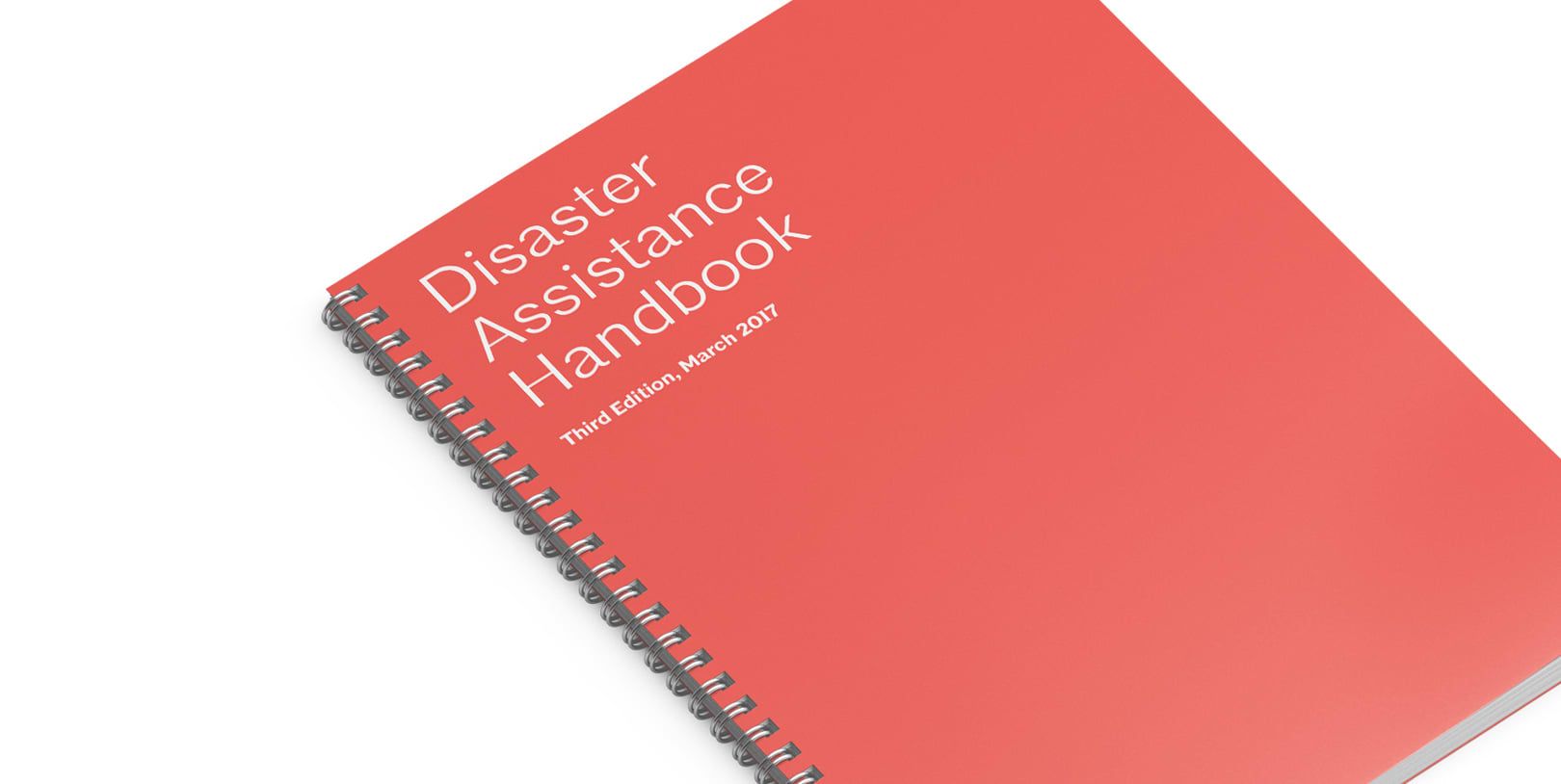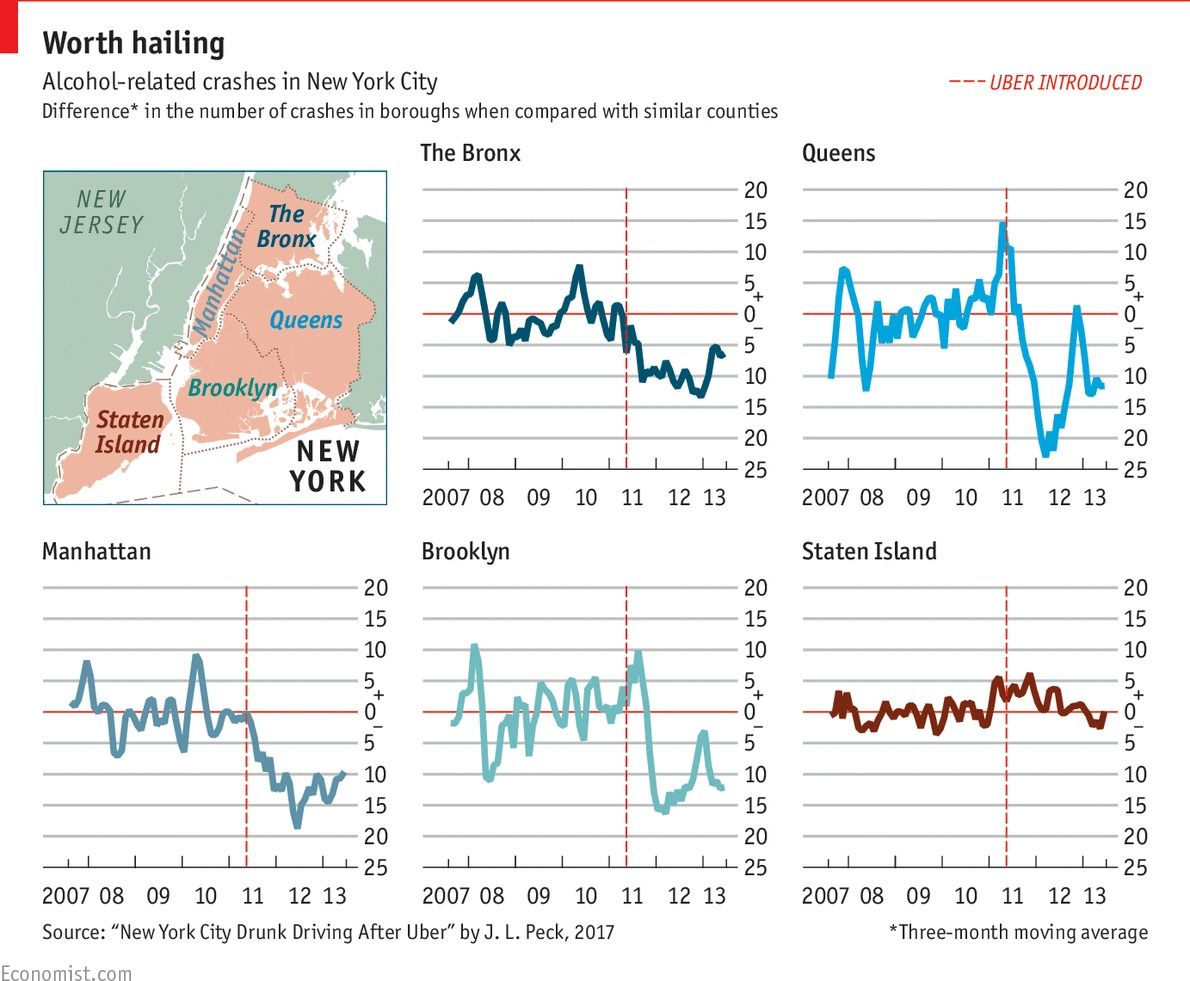Page 10393
Apr 7, 2017
In Defense of Pet Causes — By Ian David Moss | Stanford Social Innovation Review
Posted by Odette Bohr Dienel in category: innovation
“The effective altruism movement could be more effective if it encouraged adoption of its principles within causes and geographies, not just across them.”
Apr 7, 2017
Britons expected to send 235m items of clothing to landfill this spring — By Rebecca Smithers | The Guardian
Posted by Odette Bohr Dienel in category: environmental
“Study finds three-quarters of consumers throw away rather than recycle or donate unwanted garments”
Tag: recycling
Apr 7, 2017
Arctic Ocean In Serious Danger As Sea Ice Melts, Needs Better Protection — By Juliana Rose Pignataro | International Business Times
Posted by Odette Bohr Dienel in category: environmental
“Rapidly melting sea ice in the Arctic Ocean has opened up previously inaccessible areas to industrial fishing, oil exploration, shipping and other human activities.”
Tags: Arctic Ocean, Oceans
Apr 7, 2017
Disaster Assistance Handbook | Third Edition, March 2017 | The American Institute of Architects (AIA)
Posted by Odette Bohr Dienel in categories: architecture, engineering, environmental, governance
“This handbook will:
- help architects better understand their role and how to prepare for and respond to disasters
- prepare AIA Component staff to engage and coordinate their architect members and provide community discourse and assistance
- explain how built environment professionals can work with architects and the community on disaster response and preparedness efforts
- inform municipal governments of the unique ways architects assist the public and their clients in mitigating, responding to and recovering from disasters”
Apr 7, 2017
In search of sustainable style — By Luke Leitch | 1843 Magazine
Posted by Odette Bohr Dienel in categories: business, energy, environmental, sustainability
“The clothing industry is said to be the world’s second most polluting business, runner-up in grubbiness to oil.”
Apr 7, 2017
Ride-hailing apps may help to curb drunk driving
Posted by Simon Waslander in category: transportation
GUN violence in America gets plenty of attention, but cars kill more. Around 40,000 people a year die on American roads, more than all fatalities caused by firearms (of which two-thirds are suicides, not homicides). The death rate in America, around 12 people per 100,000, is more than twice that of western Europe. The grim toll of motor-vehicle deaths is widely seen as unavoidable, given that the United States is a large, sprawling country primarily designed around the automobile. However, around a third of these deaths involved drunk drivers, suggesting that there is, in fact, substantial room for improvement. And fortunately, it appears that the advent of ride-hailing apps like Uber and Lyft has had a welcome impact on road safety.
According to a working paper by Jessica Lynn Peck of the Graduate Centre at the City University of New York, the arrival of Uber to New York City may have helped reduce alcohol-related traffic accidents by 25–35%. Uber was first introduced in the city in May 2011, but did not spread through the rest of the state. The study uses this as a natural experiment. To control for factors unrelated to Uber’s launch such as adverse weather conditions, Ms Peck compares accident rates in each of New York’s five boroughs to those in the counties where Uber was not present, picking those that had the most similar population density and pre-2011 drunk-driving rate.
Apr 7, 2017
Artificial intelligence beats humans in poker for first time
Posted by Simon Waslander in categories: entertainment, robotics/AI
Libratus, an AI built by Carnegie Mellon University (CMU), racked up over $US1.7 million ($2.2 million) worth of chips against four of the top professional poker players in the world in a 20-day marathon poker tournament that ended in Philadelphia on Tuesday…
While machines have beaten humans over the last two decade in chess, checkers, and most recently in the ancient game of Go, Libratus’ victory is significant because poker is an imperfect information game — similar to the real world where not all problems are laid out.
The difficulty in figuring out human behaviour is one of the main reasons why poker was considered immune to machines.
Continue reading “Artificial intelligence beats humans in poker for first time” »
We’ve been working on something for quite a while now, and we are excited to share a teaser of what we’ve been up to.
I’m happy to announce.
Apr 7, 2017
Next Job for US Air Force: Space Cop?
Posted by Klaus Baldauf in categories: economics, military, space

The United States Air Force may become a sort of space cop in the not-too-distant future.
An off-Earth economy cannot truly take off unless moon miners and other pioneering entrepreneurs are able to operate in a safe and stable environment, said Air Force Lt. Col. Thomas Schilling, of Air University.

















